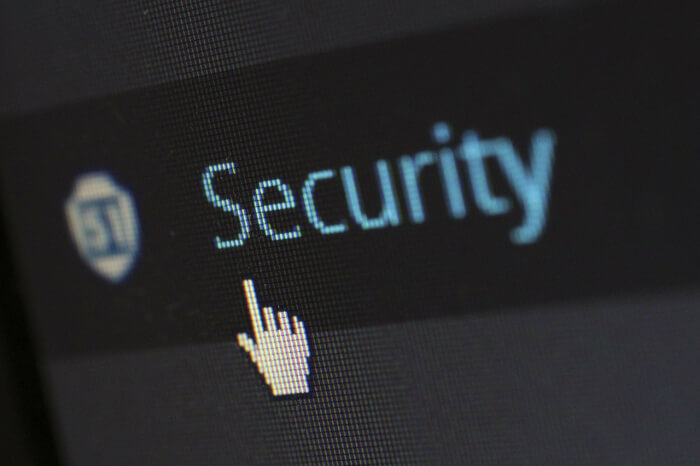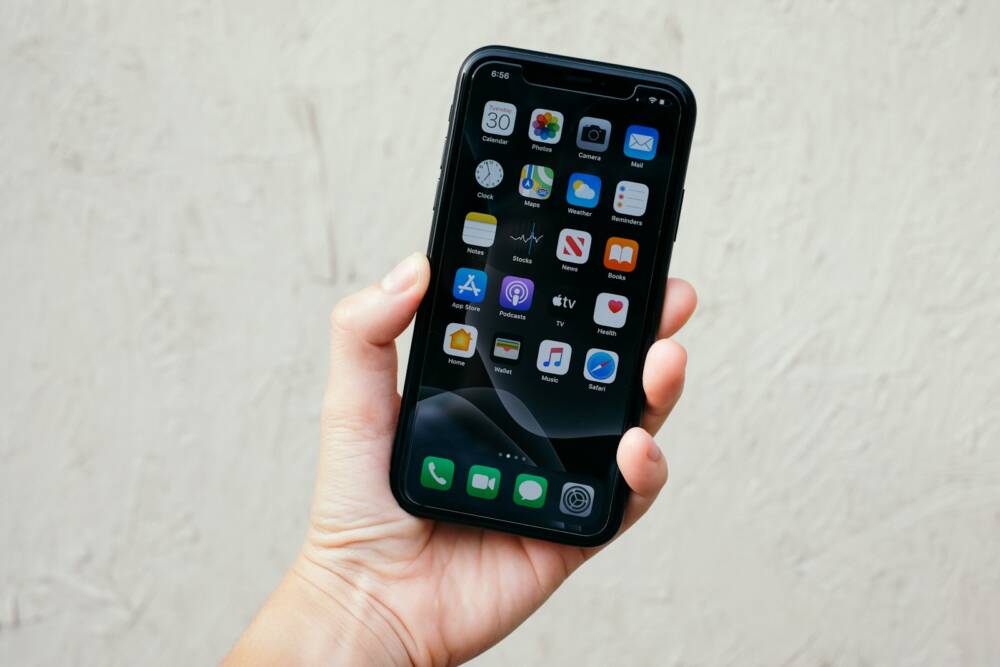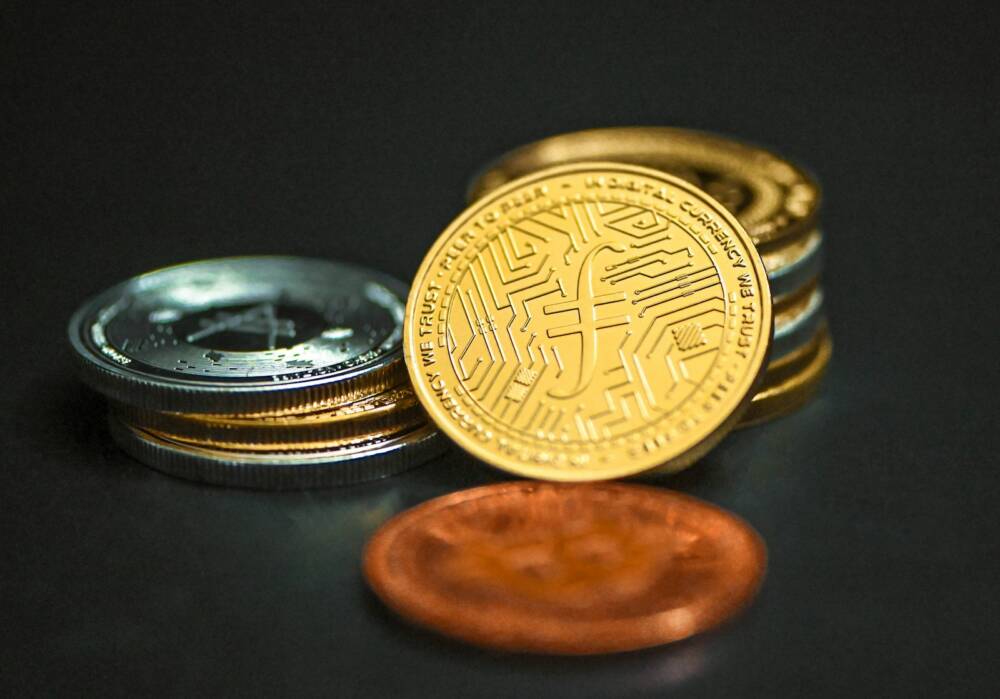One of the most significant ways the internet has affected the world is in how we store data and where we store it: Online! From credit card details to Wi-Fi passwords and our to-do lists, we keep virtually all our data on the internet — or at least on tech devices that are internet-enabled. And this has significantly made life easier. But it has also made us and our data vulnerable.
The internet is not invulnerable and with every new addition to your technology stack comes a new avenue of potential threat to your data and personal information. With that said though, there are steps you can take to make your personal information more secure on the internet. Here are some of them:
Don’t Share Your Info with People
This sounds straightforward but you’d be surprised at how many people randomly give out their personal information to people through emails, online groups, social media, site links, etc. This includes taking seemingly innocent quizzes on Facebook. Don’t do it! Keep your personal data personal unless you are absolutely sure that the person you are giving it to can be monitored and questioned about the use of your data.
Revamp Your Password Strategy
If you have not started switching up your passwords and securing them, you need to start now. Avoid using the same passwords for all your sites and apps. Use stronger passwords and make sure you regularly change them. If you are scared of forgetting your passwords, you can use a password manager. Also, if you use smart-home devices, make sure you change the default passwords and regularly update the software. Use two-factor authentication or hardware security keys where compatible. And once again, do not use the same or similar passwords for your accounts (e.g “John” and “j0hn”).
Secure Your Wi-Fi
More often than not, your home Wi-Fi is the connecting link between your devices, which means it is very important that you keep it secure. A simple search of “how to find Wi-Fi passwords on laptops” will show you just how easy it is for your Wi-Fi password to get compromised. Regularly change your router’s password and avoid using the same password you use for your Wi-Fi for other accounts.
Check Site and App Permissions
Keep an eye on the fine print. Sometimes, you voluntarily give out your information by enabling sites and apps to track your data or enabling certain permissions that allow them to collect your data. Check your site and app permissions and make sure you are only permitting the apps to see what you want them to see.
Use Anti-viruses
Viruses remain one of the top ways hackers cause data breaches, and sometimes even damage your devices. So make sure you add an extra layer of protection to data and your devices by using strong antivirus software such as Norton or Avast.
Be Careful What You Post on Social Media
Some of us are so immersed in the use of social media that we give out personal data without a second thought. Sharing your location, your birthday and pictures with recognizable locations all make good fodder for hackers and even more nefarious people. Imagine getting kidnapped because you shared your location on Facebook. Ridiculous, right? Well, it can happen. Limit what you post on social media.
Regularly Update Your Software
Most times when manufacturers release a patch or software update, it’s because they’ve discovered a defect in the original software. And that defect can be an avenue of attack for hackers to steal your data. So try to keep all your software on all your devices updated.
It is almost impossible to completely secure your data from breaches on the internet but following some of these tips will give you a greater degree of security than most other internet users out there.
MKTPlace is a leading digital and social media platform for traders and investors. MKTPlace offers premiere resources for trading and investing education, digital resources for personal finance, news about IoT, AI, Blockchain, Business, market analysis and education resources and guides.














